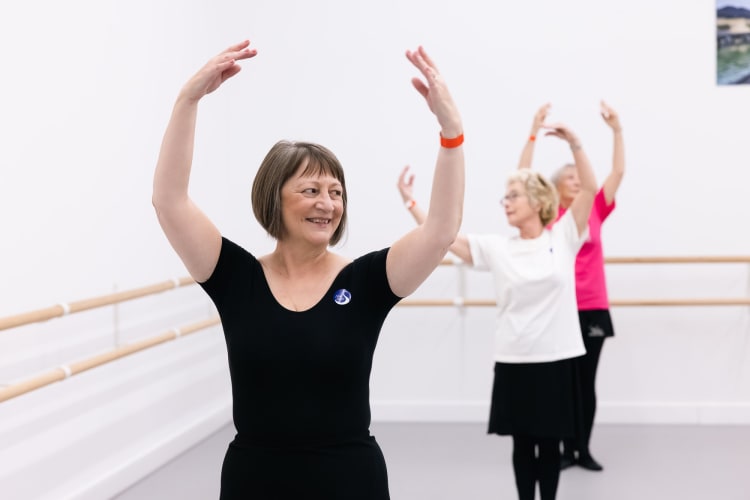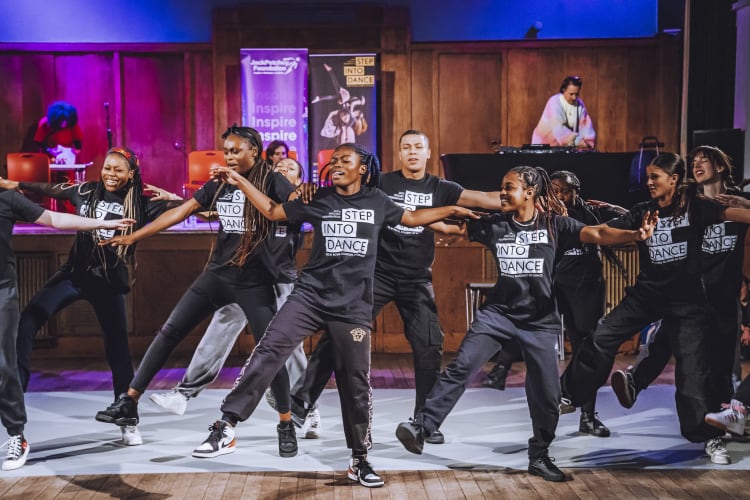The Royal Academy of Dance last week announced that Royal Ballet Principal Alexander Campbell will be following in the footsteps of Gerard Charles as its new Artistic Director.
Catching up with Campbell during a break at The Royal Opera House, it was easy to see why this appointment is good news for all parties. A Sydney native, Campbell emits the friendliness and calm typically associated with Australia while presenting as astute and clear in his purpose.
He is also a familiar hand at promoting the RAD’s mission of raising the standard of dance training, having worked on a collaboration between the RAD and Marylebone Cricket Club designed to get girls into cricket and boys into ballet. This is a joyful nod to Campbell’s second passion, no doubt partly due to his father’s background as Director for Coaching in New South Wales.
Commenting on the current landscape of boys taking-up dance in the UK, Campbell said, "Strictly Come Dancing—there’s definitely been a change since that show. There has been more acceptance of boys and men in dance in general, and I’ve certainly seen people more open to that possibility as a career as well as a hobby."
The motion towards equal participation isn’t strictly the only strength of this appointment. As a millennial with a global perspective, Campbell offers a wellspring of energy and experience which could be applied to some of the challenges the academy and UK dance community will face in coming years.
While the benefits of dance education may seem obvious to the converted, the physical, psychological and social benefits will need to be rearticulated in a climate of funding cuts and slow economic growth. When asked about providing young people with dance in a cost-of-living crisis, he said, "the more people know about it, the more people will want to do it, and we want to support teachers to provide more offerings."
Another perceived challenge may be the evolution of gender discourse in training and casting. Dance examinations are traditionally managed with two separate syllabi for girls and boys. On how this will be approached in the future, Campbell said, "certain companies have a lot of fluidity in casting as it is, and that will be reflected over time. Whatever way people interact with the RAD, we want to make sure that it’s comfortable and positive."
Of course, the membership of the RAD is also universal, with over 13,000 members in over eighty countries, many with registered teacher status. Campbell completed his grades with the help of his grandmother (a registered examiner) in Australia, sometimes practising steps with support of an ironing board! (This writer completed grade six in the United Arab Emirates.)
The story of Campbell’s grandparents meeting at Ballet Rambert during the height of the company’s development in the nineteen-fifties is an appealing dovetailing of cross-continental trajectories. Of his choice to study ballet in London, he said, "The Royal Ballet School has a high success rate of getting people into professional jobs. It was a pragmatic choice and there was excitement in terms of following in the footsteps of my grandmother, who was raised in Sydney and came over at fifteen on a scholarship."
The pragmatic choice proved prophetic as, on graduating from the Royal Ballet’s Upper School in 2005, Campbell went straight into the Birmingham Royal Ballet and in 2011 joined the Royal Ballet as a Soloist before being promoted to Principal in 2016. His roles have been as varied and distinctive as The Young Man in Ashton’s The Two Pigeons, The Prince in The Nutcracker and Henry Clerval in Frankenstein.
But what of the illusive business of capturing dance and recording choreography? The RAD currently has a programme dedicated to the study of notation, which could be comparable to journalistic shorthand. You would be forgiven for thinking that the relevance of this discipline hangs in the balance as audio-visual tools provide an immersive record of what has been created. However, Campbell points out, "notation captures things in a way video can’t. Even video is a 2D picture—notation can capture the 3D nature of it. Hand in hand with the new tech we have, it’s of vital importance. Having things documented in different ways will allow us to capture the true essence."
Passing this legacy to the next generation will be one constituent part of Campbell’s tenure at the RAD, while "getting the message out about what ballet can be for people" will prevail. He said, "dance is innate, people want to dance from a young age. How can we harness that and ensure that the opportunities remain, so it’s not something you just do when you’re young?"
Fatherhood has also offered him a good grounding in leading a training and membership organisation, as his daughter has provided ample inspiration for the maxim that dance is innate within everyone, regardless of experience. Of his daughter, he said, "she has taught me patience and to be there."
I’ve no doubt that Campbell’s presence at the RAD will bring new vigour to the organisation as he clearly, "can’t wait to get stuck in."


